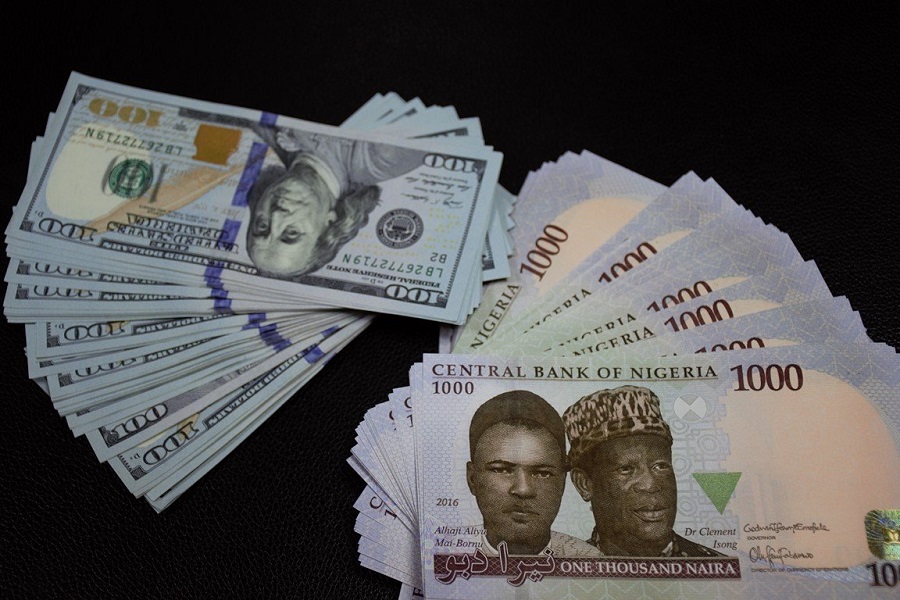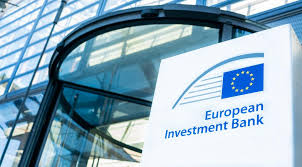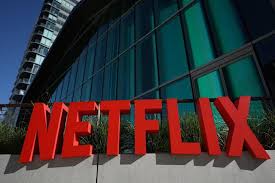Nigeria is likely to allow further devaluation of the naira this year even as it tells the IMF there’s no need for it.
The IMF held discussions with the government and central bank before publishing a report this week in which it argues that the naira is overvalued by 18% and needs to be devalued.
The Nigerian authorities disagreed, telling the IMF that a lower naira would stoke inflation.
Nigerian inflation at 15.75% in December was at its highest rate in three years, driven by higher food prices.
There’s an element of the IMF being “tone deaf” in making public devaluation recommendations in that context, says Nkemdilim Nwadialor, a financial analyst at Chapel Denham Hill in Lagos. That made it easy for the authorities to reject what was “not the most helpful” advice, she says.
Nigeria “has a culture of resisting” and “can’t bend over to do what the IMF tells us,” she says, noting that the devaluations that took place in 2020 were all labelled as “currency adjustments”.
Questions of value
Chapel Denham Hill sees the currency as being overvalued by between 12% and 15%. Nwadialor expects the currency to be further devalued in the second half of the year.
- A further devaluation will encourage other investors to come in as their dollars will be able to buy more naira, allowing carry-trade benefits. “This inflow could significantly boost the reserves position.”
- The possibility of a Nigerian eurobond issue also makes a devalued naira a logical step to maximise receipts, she adds.
Wale Okunrinboye, a buy-side investment analyst at Sigma Pensions in Lagos, says: “There is some merit in the argument for delayed naira adjustment given the inflationary pressures.”
Okunrinboye forecasts that inflation will remain high – in the region of 16% to 17% – in the first half of this year. He expects some deceleration in the second half with an improvement in food production helping to calm food prices.
Further currency adjustments appear in the offing towards a rate of N410-415 per US dollar, he adds.
Private-sector uncertainty
The IMF said that the current system, with its multiple windows and opaque rules of foreign currency allocation, creates uncertainties for the private sector. The report says that “more transparent and market-based exchange rate policy is imperative to instill confidence.”
Foreign-currency availability to finance imports of critical raw materials is “the key issue” for companies, Okunrinboye says.
Over the past year, companies have struggled to source dollars for imports from the official windows, forcing some to dabble in the parallel market, he adds.
Jason Njoku, CEO of film-streaming service IrokoTV, says the exchange-rate regime makes it impossible for him to plan for his Nigerian business beyond three to six months. He has redefined his strategy to concentrate on North American and European markets, rather than Nigeria.
IMF’s short-term and medium-term advice
In the short term, says the IMF, all Nigeria’s exchange rates should be collapsed into a single market exchange rate with the central bank conducting foreign-currency auctions.
The IMF argues that in the medium term the central bank should limit interventions to smoothing market volatility and letting banks determine currency rates. A clear exchange-rate policy would help attract larger capital inflows, including foreign direct investment, the IMF said.
- The logic of the official rate is to try to help Nigerian businesses by making it cheaper to get the dollars they need to buy imports.
- Some people are able to get dollars at the official rate and then sell them on the parallel market at a profit, she says.
Lack of clarity makes it impossible to guess when a single rate might emerge, says Nwadialor. The idea has been under discussion for about five years, but she has “no idea when it might happen”.
There is no such thing as an optimal level for the naira without a market-based rate that allows businesses to plan for the future.
THE AFRCAREPORT



















